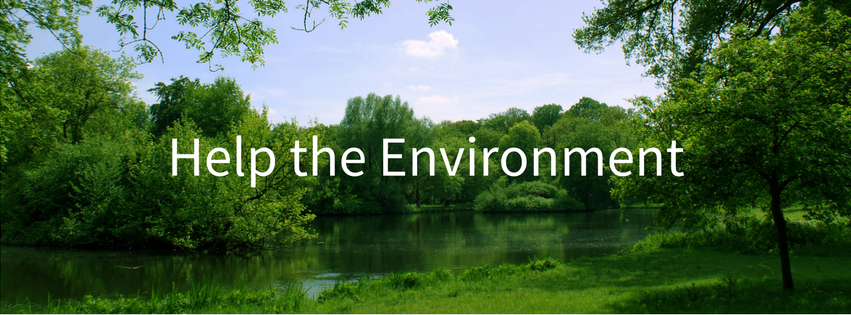At treeppl we’re here to help you offset your carbon emissions by planting trees. No matter how careful you are, just by going about your life you will (knowingly or unknowingly) be responsible for using energy that contributes to CO2 being released into the atmosphere. In addition to this, various products you buy and choices you make will also be responsible for deforestation around the globe.
Below is a list of actions you can take to reduce the impact you have on our environment. Try and implement as many of them as you can over the next few weeks, then sign up to plant trees with us to offset the rest of your carbon footprint.
Cut down on meat
According to Oxford University eating a purely plant based diet would reduce food related emissions by 70%.
Stop drinking bottled water
Bottled water has a carbon foot print of around 82.8g per half liter – it is one of the least eco things you can consume. Only 23 per cent of water bottles bought in the UK are actually recycled, the rest end up in landfill or the ocean – stop drinking water from plastic bottles – please!
Buy your electricity from renewable sources
Do some research to see if there are any green energy suppliers that can supply your home.
The Green Electricity Marketplace http://www.greenelectricity.org/ is a good place to start.
Recycle
Recycling of aluminum cans saves 95% of the energy required to make the same amount of aluminum from its virgin source. Recycling plastic, paper and glass is also as beneficial.
Stop using products containing unsustainable palm oil
Production of palm oil is devastating rainforests and jungles all over the world.
Buy organic foods and products
According to the FOA (Food and Agriculture Organization of the United Nations) “By opting for organic products, the consumer promotes a less polluting agricultural system.”
Try and buy foods grown locally
The maritime shipping industry emits more CO2 than Germany that’s more than 1 billion tons of CO2 per year. If you buy your products locally you can reduce your reliance on this industry.
Work from home one day a week
According to The Live Earth Global Warming Survival Handbook, if one million people worked from home one day a week, it could eliminate three million tons of CO2 per year.
Carpool
Less cars on the road means less CO2 in the atmosphere.
Slow down
Slowing down while driving and maintaining one speed without the need for multiple gear changes will use far less petrol.
Use the carwash
Washing your own – according to Prevention.com – drains 10 gallons of water every minute, as opposed to 15 to 32 gallons over all in an automatic wash.
Buy groceries online
Rather than every household making a trip to the supermarket, one truck can deliver to multiple homes.
Switch off
Turn off your computer, lights, TV, radio, microwave when you’re not using them
Use your dishwasher if you have one
Dishwashers use half the energy, one sixth of the water and less soap than hand-washing.
Stop using Teflon
Teflon is environmentally damaging, created by the application of toxic chemicals that are then released into the air (and your food) when you cook. Cast iron pans are naturally non-stick
Eliminate the use of household cleaners with toxic ingredients
Instead of using the toxic cleaners, you can find alternative cleaners to keep your home and surrounding environment safer.
Get some plants in your home and office
Plants can absorb toxic gasses and produce oxygen. Particularly effective are peace lilies, palms and Fiscus plants, which remove formaldehyde from the air.
Cancel junk mail
Production of junk mail and catalogues has a massive impact on the environment and it’s mostly just crap.
Cancel paper bank statements and bills
Do everything online, it’s 2016 FFS.
Use reusable bags
The United Nations Environment Program estimates that every square mile of ocean contains approximately 46,000 pieces of plastic floating in it. You can help reduce this by making use of reusable bags.
Replace plastic products with glass
Plastics manufacture makes up 4.6% of the annual petroleum consumption in the U.S., using roughly 331 million barrels per year
Don’t use microbeads
Some toothpastes or beauty products contain about about 100,000 microbeads each. They end up polluting our environment. The same results can be achieved from biodegradable natural ingredients, so use those instead.
Compost
If you live in a city and don’t need compost yourself, there are typically companies that will collect it from you. You will not only be creating less waste, but by composting, the creation of greenhouse gases, like methane, is avoided.
Think about your pets
WWF reckons each pet (cat or dog) consumes 16 times the resources (food, water, energy) that a person living in poverty in Africa does. Feed them responsibly.
Go outside
If we have a relationship with the planet, we are more likely to connect with it, and feel a responsibility to protect it.


